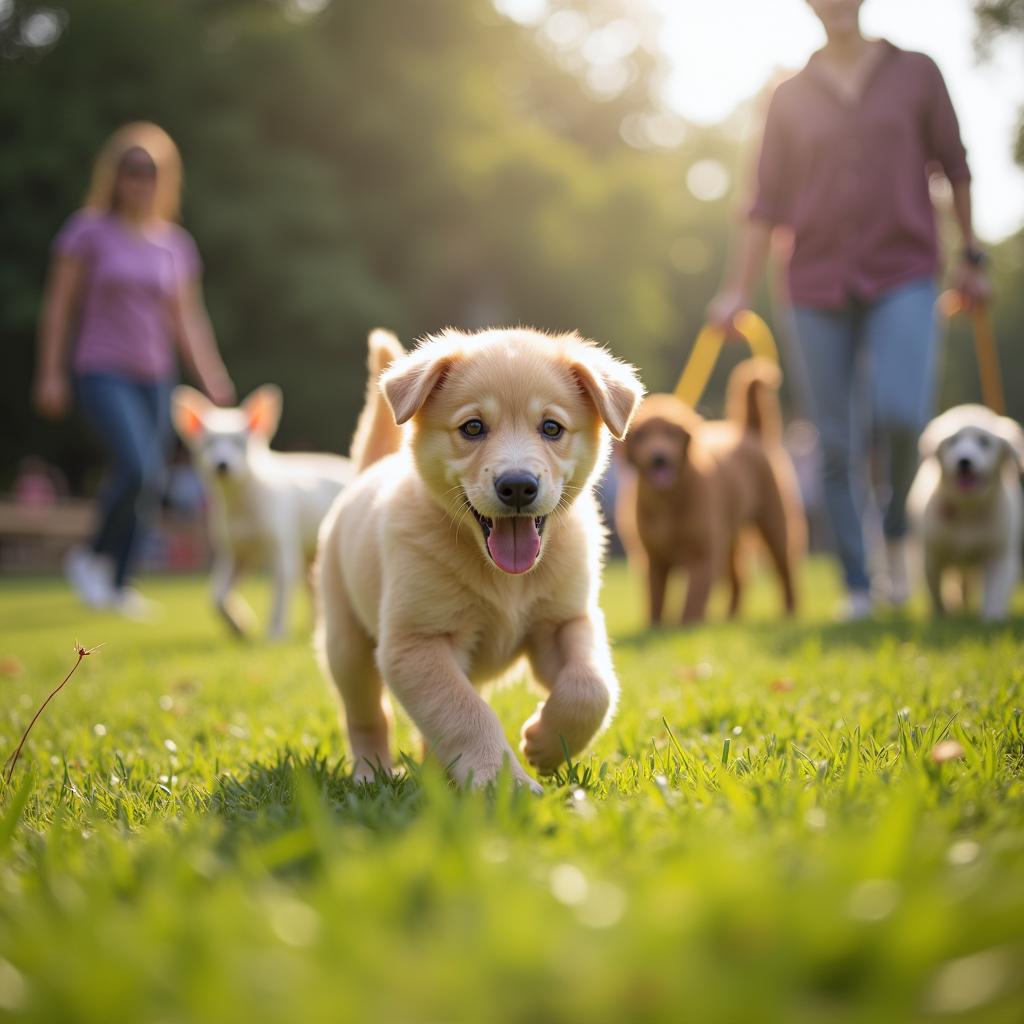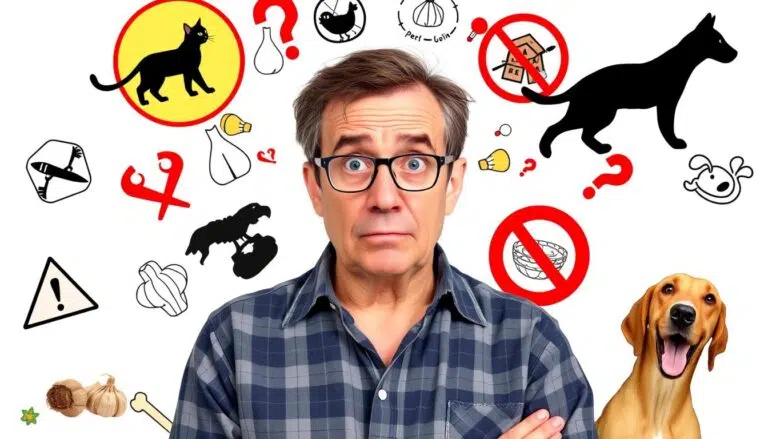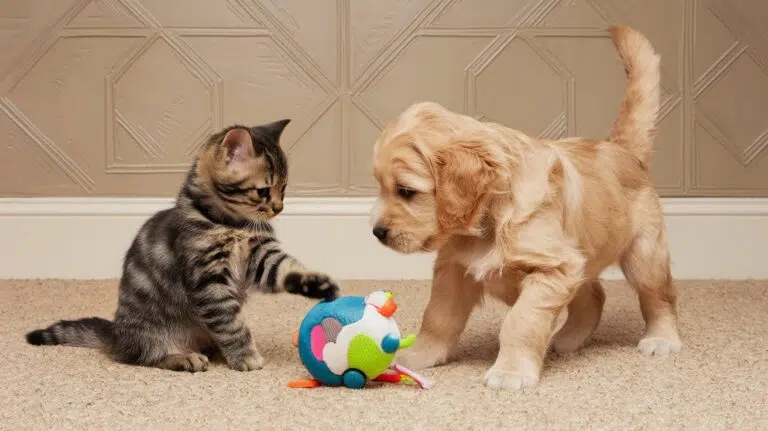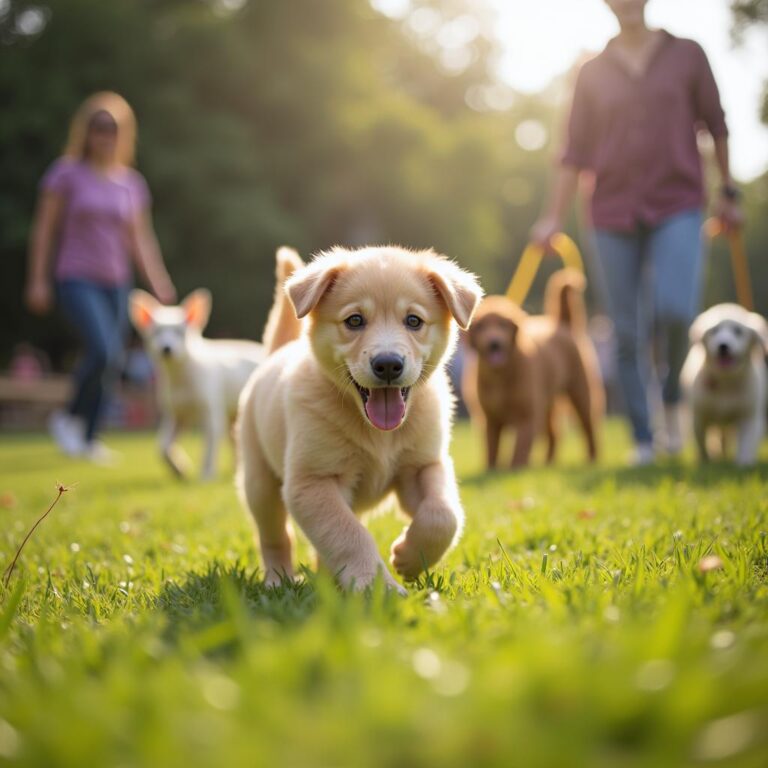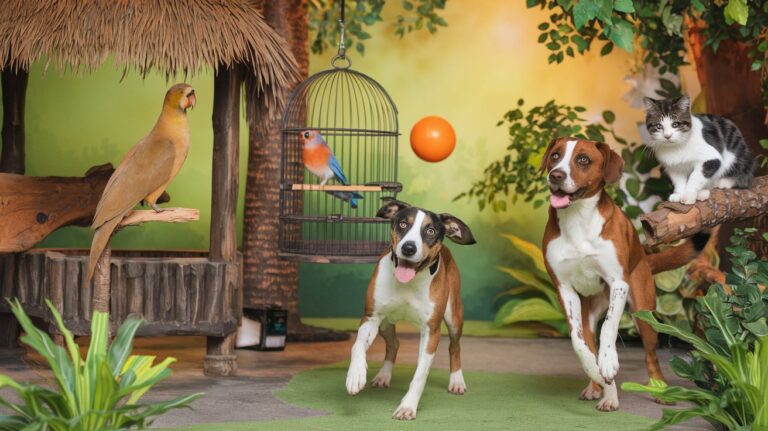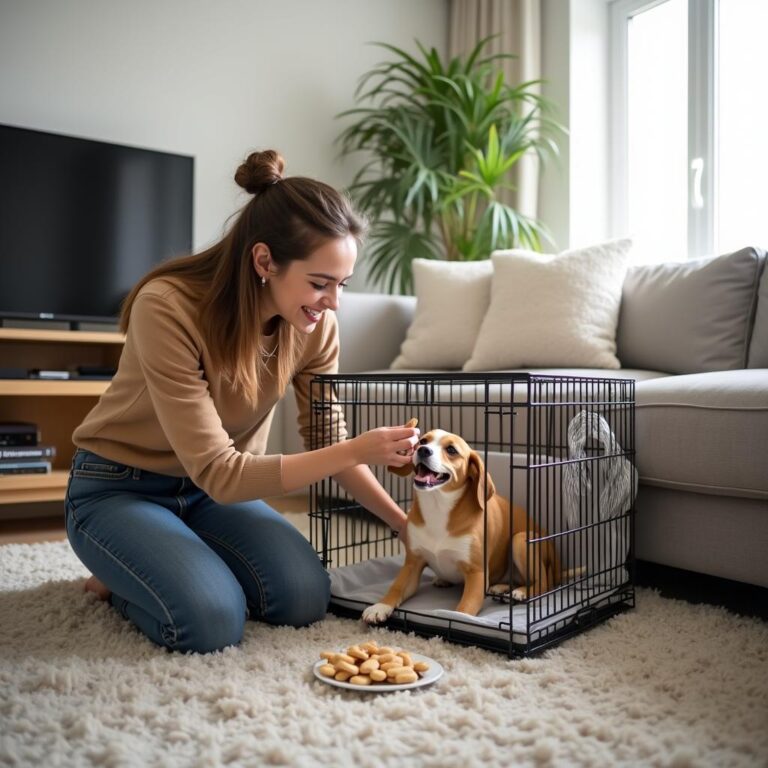Best Ways to Socialize a New Puppy
Best Ways to Socialize a New Puppy
Bringing a new puppy into your home is a joyous occasion. However, a crucial part of welcoming your furry friend is ensuring they are well-socialized. Socialization helps your puppy develop into a well-adjusted adult dog, and it can greatly reduce the chances of behavioral problems down the line. In this article, we will explore the best ways to socialize a new puppy effectively.
Understanding Puppy Socialization
Socialization for puppies involves exposing them to a variety of environments, people, and other animals. The ideal time to begin socializing your new puppy is between 3 and 16 weeks of age, a critical period when they are most receptive to new experiences. During this phase, puppies should encounter various sights, sounds, smells, and textures to help them build confidence and reduce fear.
1. Start with Home Environment
When you first bring your puppy home, ensure your environment is welcoming and safe. Introduce them to different rooms, various furniture, and household items. Allow your puppy to explore and sniff around as they acclimate to their new surroundings. Making your home feel secure is the first step in their socialization journey.
2. Meet New People
Introduce your puppy to different people, including men, women, and children of various ages. It’s vital to handle your puppy gently during these introductions to create positive experiences. Encourage friends and family to give treats and engage in play, which will help your puppy positively associate with new people.
3. Explore Different Environments
Take your puppy on car rides to different locales, such as parks, pet stores, and cafes. This exposure to varied environments can help desensitize your puppy to new experiences. Be mindful of your puppy’s reactions and ensure their experiences are positive, as negative experiences can lead to fear and anxiety in unfamiliar places.
4. Puppy Classes and Playgroups
Enroll your puppy in a puppy socialization class or a local playgroup. These settings provide opportunities to interact with other puppies in a controlled environment under the supervision of a professional trainer. Puppy classes will help your puppy learn social skills while also teaching you invaluable training techniques. They will learn to play, share space, and communicate with peers.
5. Regular Visits to the Vet
Routine visits to the veterinarian are essential. While it’s mainly for health checks and vaccinations, each visit exposes your puppy to new scents, sounds, and experiences. This helps them learn that these visits can be positive if handled correctly. Reward your puppy for good behavior during vet visits, reinforcing the idea that these experiences are not scary.
6. Positive Reinforcement
Use positive reinforcement techniques to encourage good behavior during all socialization activities. Reward your puppy with treats, praise, or playtime when they display calm behavior in new situations. This approach will help them associate new experiences with positive outcomes, fostering a more confident and relaxed demeanor.
7. Expose to Other Animals
Socializing with other animals is essential for a well-rounded puppy. Arrange playdates with vaccinated, friendly dogs, and make sure to supervise these interactions. Gradually introduce your puppy to cats and other pets in your household, ensuring all introductions are positive and stress-free.
8. Handling Sensitivity
Be observant of your puppy’s body language during socialization efforts. If they seem fearful or overwhelmed, it’s important to give them space and take a step back. Avoid forcing them into situations that cause stress, as this can lead to long-term fears. Gradually build up their confidence by allowing them to explore at their own pace.
9. Sensory Exposure
Introduce your puppy to various sounds and textures. Use toys that squeak, rustle, or have different surfaces. Play recordings of common sounds like doorbells, vacuum cleaners, and thunder at a low volume to help your puppy acclimate to these noises. This technique can diminish their natural fear response in the long run.
10. Consistency is Key
Socialization isn’t a one-time event; it’s an ongoing process. Be consistent in exposing your puppy to different situations daily. Daily walks, park visits, and interactions with different people ensure that your puppy continues to develop and maintain their social skills.
11. Observe Body Language
Learning to read your puppy’s body language is crucial. Signs of fear, anxiety, or aggression, such as growling, baring teeth, or hiding, should be addressed immediately. Understanding your puppy’s signals helps in creating a more effective socialization plan and allows for timely interventions.
12. Transition to Adult Socialization
As your puppy matures into adulthood, continue to reinforce their social skills. Regular interactions with various people and dogs will help them maintain their good behavior and social confidence. Adult dogs also need socialization; don’t overlook this part of their development.
Conclusion
Socializing a new puppy is an essential responsibility for every dog owner. With the methods outlined above, you will help your puppy navigate through various experiences and interactions that will shape their outlook toward the world. Remember to be patient, consistent, and attentive to your puppy’s needs. Proper socialization helps lay the foundation for a well-adjusted dog, ensuring a harmonious relationship with your family and other pets. By investing the time and effort into socializing your new puppy, you are setting the stage for a lifetime of joy and companionship.

